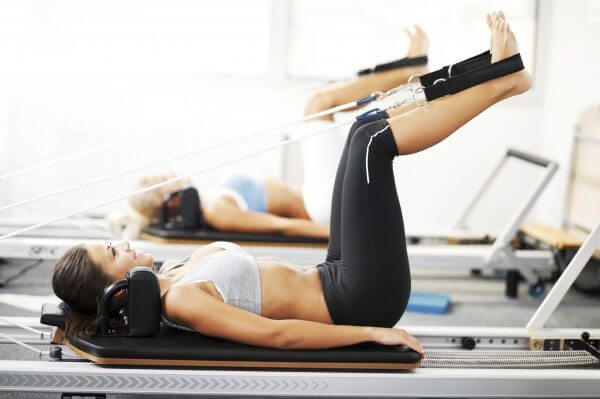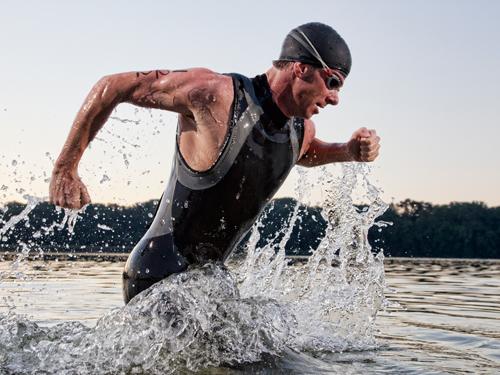Hello Everyone,
I really did enjoy the book "Body for Life" as it put together many things about goal setting, resistance training, cardiovascular training, supplementation, etc. But, in Bill Philip's new age talk, I think he misused research studies that he could never cite.
Some of his work made statements that I believe true research refutes. Can anyone support or refute me?
1. "Cardio in a fasted state burns far more fat, including 300% more" than doing in a non-fasted state.
The research I read showed that fasted cardio does burn more fat than non-fasted cardio; however, the difference is probably in the 10-20% range, and that fasted cardio often has less intensity than non-fasted cardio, and that it only works if calories are
2. "Cardio burns off your muscle?"
I think too much cardiovascular training can burn off your muscle. But, I think about 20 minutes is good per session.
Bodyweight finishers and stair climbing does not seem to eat away muscle.
3. "Free days are necessary to help reset your metabolism."
Small refeeds every 72 hours seems the best way. The protein and carbohydrates can get converted into glucose, hence going into glycogen. The insulin release also is beneficial for normalizing leptin levels. I think the amount of food would be less, as in 100 - 200 grams total of insulin producing sources.
4. "If fasted cardio is best, drinking a protein shake or something like Gatorade during the workout is a terrible idea."
5. "If fasted cardio is best, then you need to wait one hour after you eat"
Eating does not slow down metabolism. In fact, after a hard weight training workout, or a weight training workout with cardio afterwards, eating as soon after is necessary for meal replenishment. The fat burning happens during the workout and throughout the day, with little regards to a fasted state or not.
I really did enjoy the book "Body for Life" as it put together many things about goal setting, resistance training, cardiovascular training, supplementation, etc. But, in Bill Philip's new age talk, I think he misused research studies that he could never cite.
Some of his work made statements that I believe true research refutes. Can anyone support or refute me?
1. "Cardio in a fasted state burns far more fat, including 300% more" than doing in a non-fasted state.
The research I read showed that fasted cardio does burn more fat than non-fasted cardio; however, the difference is probably in the 10-20% range, and that fasted cardio often has less intensity than non-fasted cardio, and that it only works if calories are
2. "Cardio burns off your muscle?"
I think too much cardiovascular training can burn off your muscle. But, I think about 20 minutes is good per session.
Bodyweight finishers and stair climbing does not seem to eat away muscle.
3. "Free days are necessary to help reset your metabolism."
Small refeeds every 72 hours seems the best way. The protein and carbohydrates can get converted into glucose, hence going into glycogen. The insulin release also is beneficial for normalizing leptin levels. I think the amount of food would be less, as in 100 - 200 grams total of insulin producing sources.
4. "If fasted cardio is best, drinking a protein shake or something like Gatorade during the workout is a terrible idea."
5. "If fasted cardio is best, then you need to wait one hour after you eat"
Eating does not slow down metabolism. In fact, after a hard weight training workout, or a weight training workout with cardio afterwards, eating as soon after is necessary for meal replenishment. The fat burning happens during the workout and throughout the day, with little regards to a fasted state or not.






